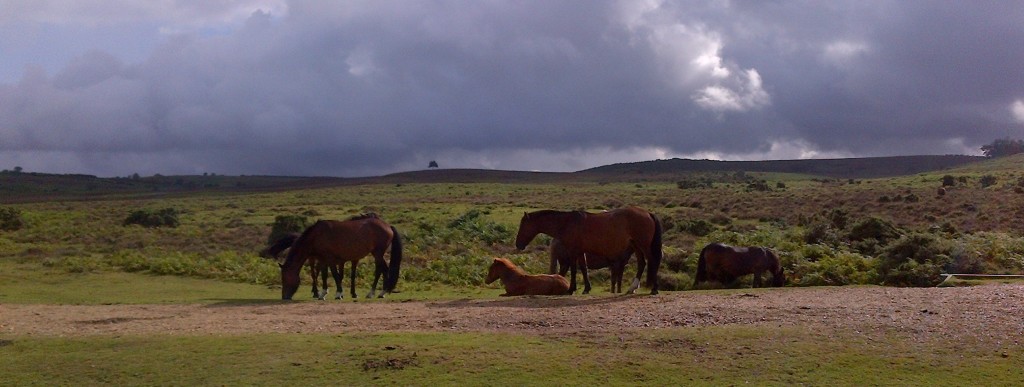I’ve been travelling to London a lot recently for meetings and business functions. Travelling in and around our nation’s capital and waiting for trains at mainline railway stations gives one the most marvellous opportunity for ‘people watching’. Watching people has to be one of the most underestimated forms of enlightenment and entertainment there is. Waterloo Station, for example, is the busiest station on the network (by passenger usage) and provides ample opportunities to observe human behaviour in all its forms. If you watch closely, for example, you’ll notice that even as travellers rush, crisscrossing through the throng of other people on the station concourse no one collides with anyone else. I’m sure there must be a scientific explanation or name for this phenomenon but what it demonstrates to me is that, deep down, the human species likes to co-operate with one another and avoid conflict.
Yesterday I was sat at a table on a train and four foreign visitors, of mature years, got on and sat at the table opposite me. They had quickly stowed their coats and shopping bags in the overhead compartment before taking their seats. The train had not gone too many stops down the tracks before a large black coat fell down from the storage above and completely enveloped one of the elderly women, giving her a great fright. Her female companion jumped out of her skin emitting a shrieking sound. I can only assume from their reactions that the women thought they were under attack from a panther or some such creature. In the split seconds before this commotion unfolded I was vaguely aware of the falling coat and so was not alarmed. Instead my reaction was to burst out laughing because it was so funny. I laughed uncontrollably and out loud, until tears blurred my vision. The two women were hugely relieved and they also began laughing. In fact a lot of the passengers around us began laughing too and the atmosphere in our carriage was good humoured. After that everyone on our compartment said goodbye to each other as they left the train.
This incident made me think that no matter how sophisticated we believe we are, our instincts and reactions to perceived danger remain primeval. It also demonstrated that we have the ability to rapidly form social bonds even with complete strangers or those who do not speak our language. Then I began to think of other benefits our ‘primitive’ behaviours might provide.
If you study the behaviour of the wild ponies of the New Forest you will quickly see that they too like to avoid conflict and practice co-operation with one another. They are herd animals after all and live in highly developed social groups. It is these shared behaviours I believe that make horses and humans companionable. We are able to domesticate and train horses and ponies because, like us, they want to avoid conflict and be sociable. Obviously we also provide protection, health care and nourishment to our equine friends, whilst they provide us with companionship, entertainment and utility, which is a good motivator for inter-species coexistence. As Charles Darwin once said “In the long history of humankind (and animal kind, too) those who learned to collaborate and improvise most effectively have prevailed.”
Images courtesy of: http://www.freeimages.co.uk





You must be logged in to post a comment.